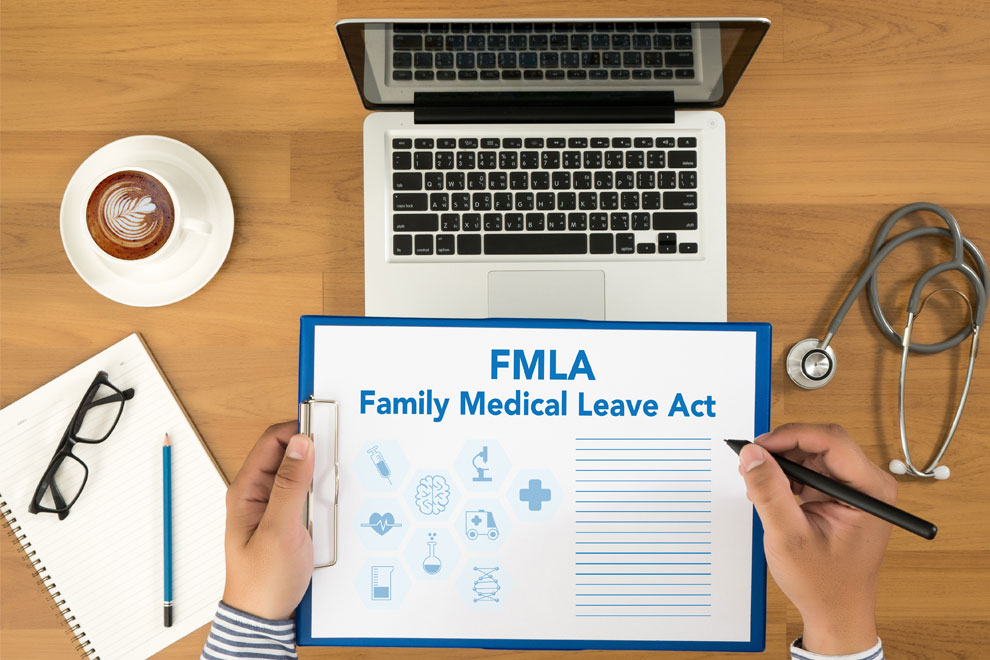Employee Retention Credit Pays for Keeping Employees on Payroll
Businessowners must carefully consider which tax benefit or combination of tax benefits works best for their particular set of circumstances, particularly the choice between the retention credit and the SBA paycheck protection loans, since a business cannot qualify for both.










